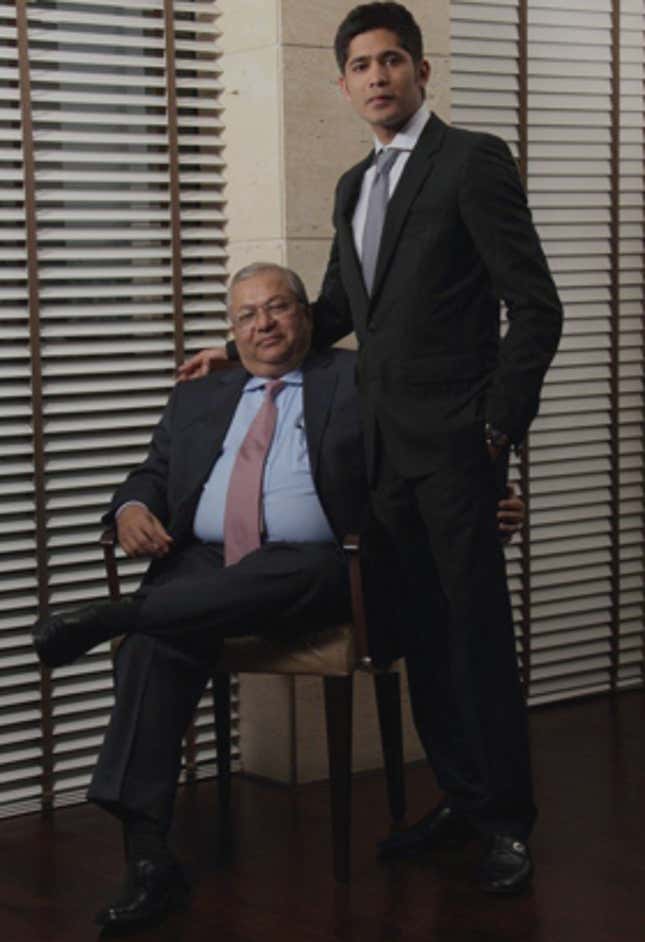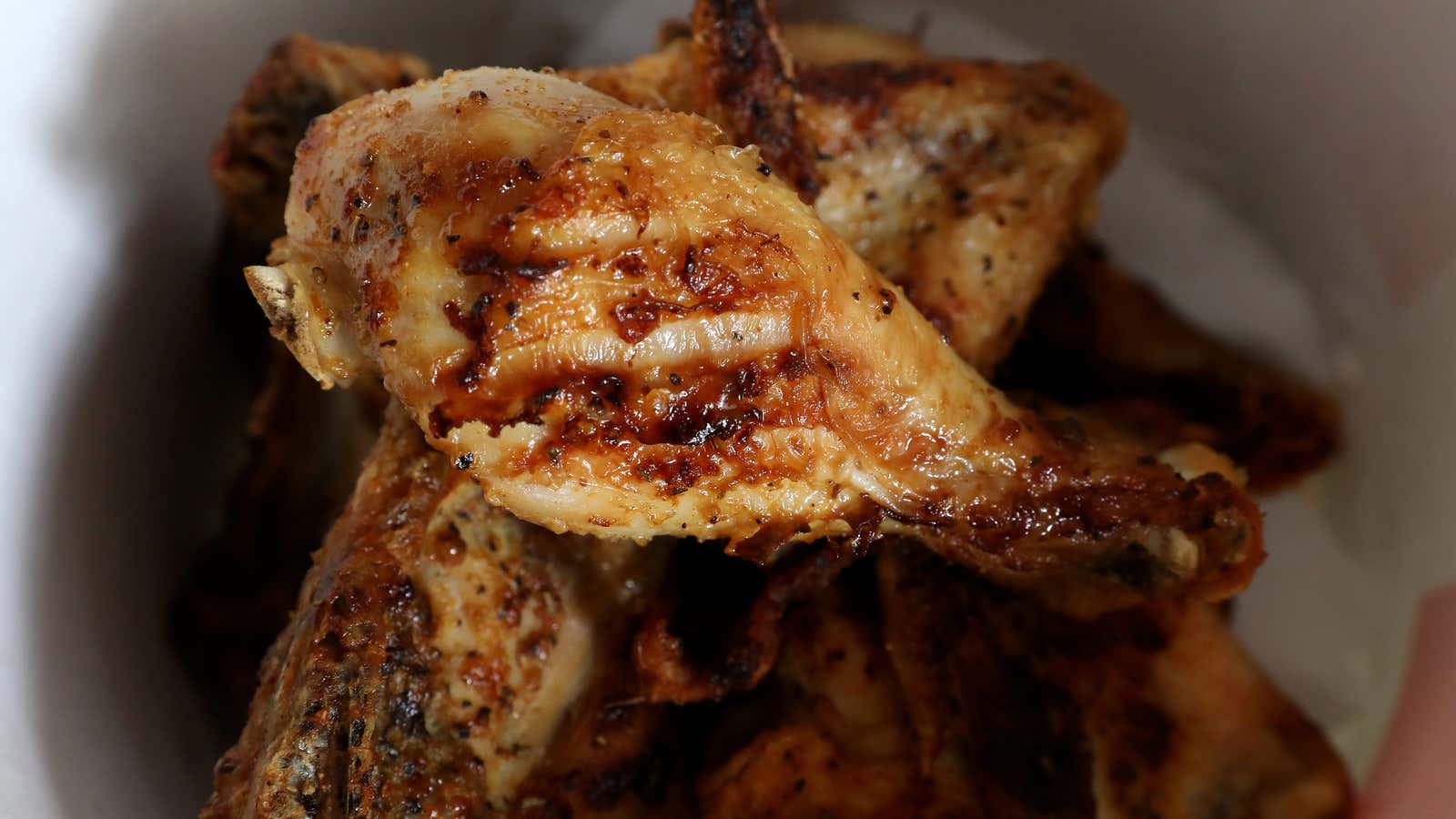Indian stock markets are celebrating an IPO that hasn’t even received regulatory approval yet.
Devyani International, the biggest Indian franchise of US-based fast-food company Yum! Brands, has filed papers with the Securities and Exchange Board of India (SEBI) to launch an initial public offering (IPO). The Gurugram-headquartered company runs the outlets of Pizza Hut, KFC, and Costa Coffee, and has 655 stores across India, Nepal, and, Nigeria, as per its draft offer documents filed with SEBI.
The company hopes to raise Rs1,400 crore ($193 million) through the IPO, which it will use to repay debt worth Rs357.8 crore, and general corporate purposes.
Even though the request is still waiting for SEBI’s nod, stock market experts have already pronounced the IPO a success. After all, Devyani International is hitting the market at a time when Indian share indices are close to their lifetime highs, and a host of public offerings in recent months have seen resounding success.
In addition, the quick-service restaurant (QSR) business has proved to be pandemic-proof in the country.
“Due to the lockdown, the dine-in habits have changed and acceptance of takeaway has increased significantly. This will help QSR to grow faster in India. QSR chains are expected to be the fastest-growing and dominant format in India for the foodservice market which will Help Devyani international to grow faster in the coming years,” explained Yash Gupta, equity research associate at a stockbroking firm, Angel Broking. Experts believe that the company’s IPO will get SEBI’s approval post-July.
The story of Devyani International
Founded in 1991, Devyani International is owned by Indian billionaire Ravi Jaipuria’s RJ Corp group. Jaipuria, who named the company after his daughter, has a net worth of $3.5 billion.
RJ Corp is the largest bottler for PepsiCo in India, besides having some businesses in sectors such as healthcare, education, and real estate. Another company owned by Jaipuria, Varun Beverages—named after his son—is PepsiCo’s second-largest bottler globally.

In 1997, Devyani International tied up with Yum! Brands and opened the first Pizza Hut outlet under this partnership in Jaipur, the capital city of the western Indian state of Rajasthan. Now, the company operates 297 Pizza Hut outlets, 264 KFC restaurants, and 44 Costa Coffee shops across India. The company has over 9,000 employees.
Devyani International also runs a spa, a lounge, and a bar at the Mumbai airport, one of the busiest airports in the country.
The major chunk of Devyani International’s revenue comes from KFC and Pizza Hut stores. These two franchises have helped the company grow despite the once-in-a-century pandemic.
Even though the company has continued to grow so far, it believes that Covid-19 could be a risk in the future.
“The impact of the pandemic on our operations in the future, including its effect on the ability or desire of customers to dine in stores, is uncertain and may be significant and continue to have an adverse effect on our business prospects, strategies, business, operations, our future financial performance, and the price of our equity shares,” the company said in its IPO filing to SEBI.
Besides Devyani International’s strong growth, the fact that it runs QSR businesses is probably luring enough for investors.
QSRs and IPO success
Several QSR and food-related brands, such as Burger King India and Mrs Bectors Food Specialities, have made impressive debuts on Indian stock exchanges in recent months.
Since the India IPO of US-based Burger King in December 2020, the company’s stock has gone up by more than 141%. Mrs Bectors’s IPO was subscribed 198 times, and the share now trades at around a 48% premium to the IPO price.
“Given the robust IPO markets, we expect many unlisted corporates to list earlier than previously envisaged. The need for growth capital, deleveraging to support growth as well as building buffer capital to face challenges arising on account of Covid-19 will see a buoyant fundraising activity,” V Jayasankar, senior executive director at Kotak Mahindra Capital had earlier told Quartz.




